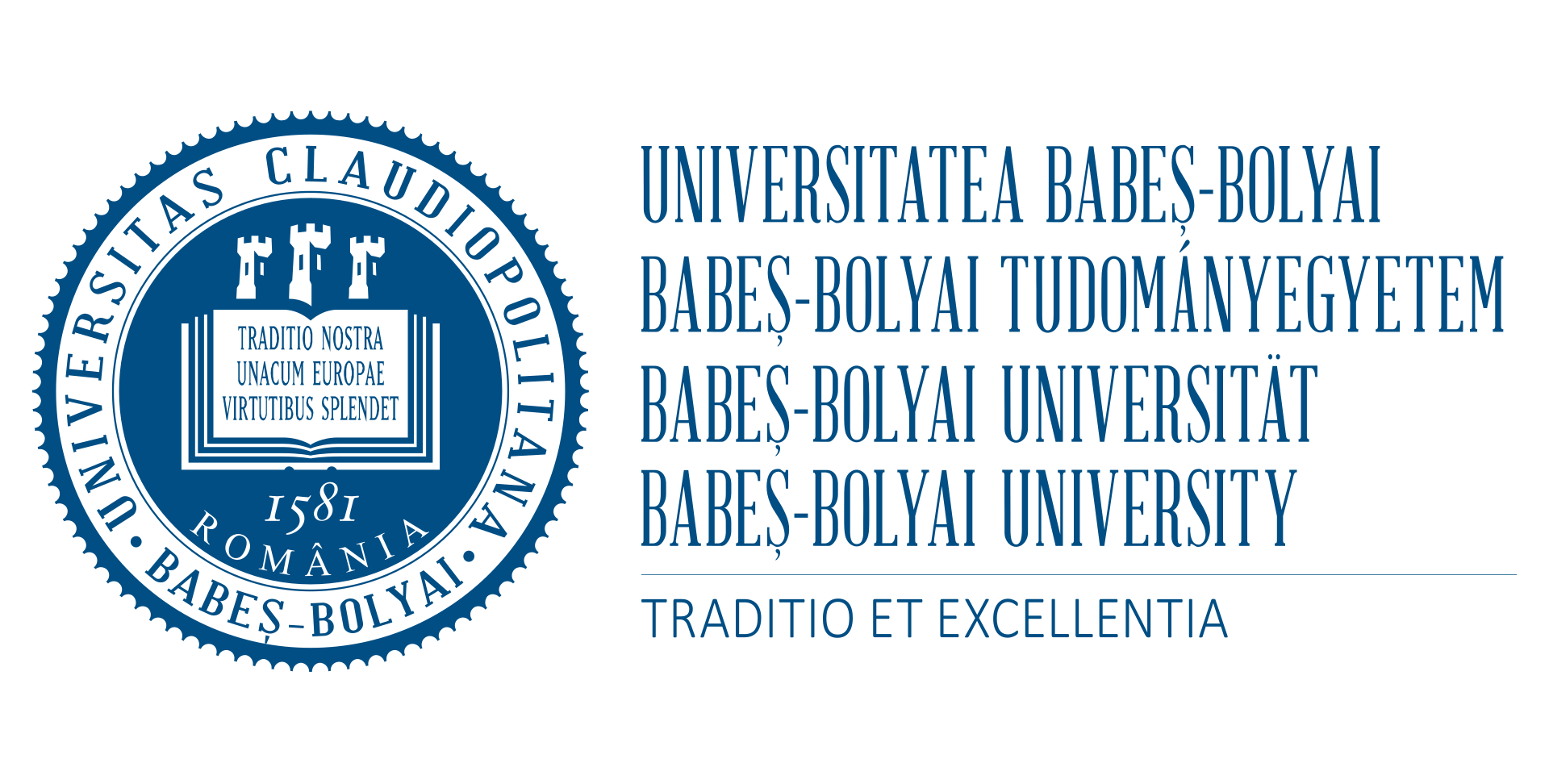CALL FOR PAPERS
HLPP 2023
16th International Symposium on International Symposium on
High-Level Parallel Programming and Applications
Cluj-Napoca, Romania
June 29-30, 2023
On-site Event
https://www.cs.ubbcluj.ro/hlpp2023
Aims and Scope
As processor and system manufacturers adjust their roadmaps towards increasing levels of both inter and intra-chip parallelism, so the urgency of reorienting the mainstream software industry towards these architectures grows.
At present, popular parallel and distributed programming methodologies are dominated by low-level techniques such as send/receive message passing, or equivalently unstructured shared memory mechanisms.
Higher-level, structured approaches offer many possible advantages and have a key role to play in the scalable exploitation of ubiquitous parallelism.
HLPP symposia provide a forum for discussion and research about such high-level approaches to parallel and distributed programming.
Topics
HLPP 2023 invites papers on all topics in high-level parallel programming, its tools and applications including, but not limited to, the following aspects:
- High-level parallel programming and performance models (e.g. BSP, CGM, LogP, MPM, etc.) and tools
- Declarative parallel and distributed programming methodologies based on functional, logical, data-flow, actor, and other paradigms
- Algorithmic skeletons, patterns, etc. and constructive methods
- High-level parallelism in programming languages and libraries (e.g, OCaml, Haskell, Scala, C++, etc.): semantics and implementation
- Verification of declarative parallel and distributed programs
- Efficient code generation, auto-tuning, and optimization for parallel and distributed programs
- Model-driven software engineering for parallel and distributed systems
- Domain-specific languages: design, implementation, and applications
- High-level programming models for heterogeneous/hierarchical platforms with accelerators, e.g., GPU, Many-core, DSP, VPU, FPGA, etc.
- High-level parallel methods for large structured and semi-structured datasets
- Applications of parallel and distributed systems using high-level languages and tools
- Teaching experience with high-level tools and methods for parallel and distributed computing
HLPP Symposia Series
Submission
Papers submitted to HLPP 2023 must describe original research results and must not have been published or simultaneously submitted anywhere else. As it is traditional for HLPP symposia, the accepted papers will be distributed at the symposium in draft proceedings, and revised papers will be published in a special issue of the International Journal of Parallel Programming.
Each paper will receive a minimum of three reviews by members of the international technical program committee. Papers will be selected based on their originality, relevance, technical clarity, and quality of presentation.
Manuscripts must be prepared with the Springer IJSS latex macro package using the single column option (\documentclass[smallextended]{svjour3}) and submitted via the EasyChair Conference Management System as one pdf file. The strict page limit for initial submission and camera-ready version is 20 pages in the aforementioned format.
At least one author of each accepted paper must register for the HLPP 2023 symposium and present the paper.
After the symposium the authors of the papers will have ample time to revise their papers and to incorporate both reviewer feedback and presentation feedback from the whole audience during the symposium.
Important Dates
- Abstract submission:
April 3, 2023,April 17, 2023Extended: April 21, 2023 - Paper submission:
April 7, 2023,April 21, 2023Extended: April 28, 2023 - Notification:
May 15, 2023,May 19, 2023 - Draft proceedings version: June 9, 2023
- Author registration deadline: June 9, 2023
- Non-author registration deadline: June 20, 2023
- Conference: June 29-30, 2023
- Journal paper submission: September 2023
Organization
- Virginia Niculescu, Babeș-Bolyai University of Cluj-Napoca, Romania
- Adrian Sterca, Babeș-Bolyai University of Cluj-Napoca, Romania
- Darius Bufnea, Babeș-Bolyai University of Cluj-Napoca, Romania
Steering Committee
- Gaétan Hains (Université Paris-Est Créteil, France)
- Clemens Grelck (Universiteit van Amsterdam, Netherlands)
- Kiminori Matsuzaki (Kochi University of Technology, Japan)
- Christoph W. Kessler (Linköping University, Sweden)
- Herbert Kuchen (University of Münster, Germany)
- Marco Danelutto (University of Pisa, Italy)
- Ines Dutra (University of Porto, Portugal)
- Arturo Gonzalez-Escribano (Universidad de Valladolid, Spain)
- Frédéric Dabrowski (Université d’Orléans, France)
- Virginia Niculescu (Babeș-Bolyai University, Romania)


 Robert Bosch SRL
Robert Bosch SRL
 Babeș-Bolyai University
Babeș-Bolyai University